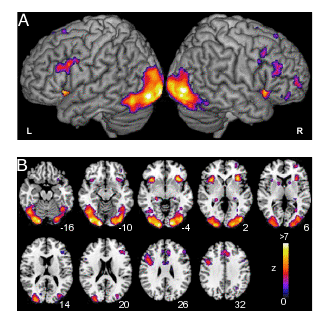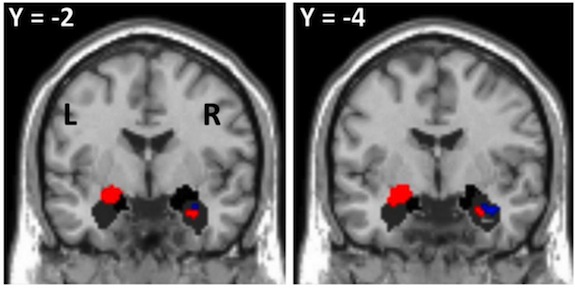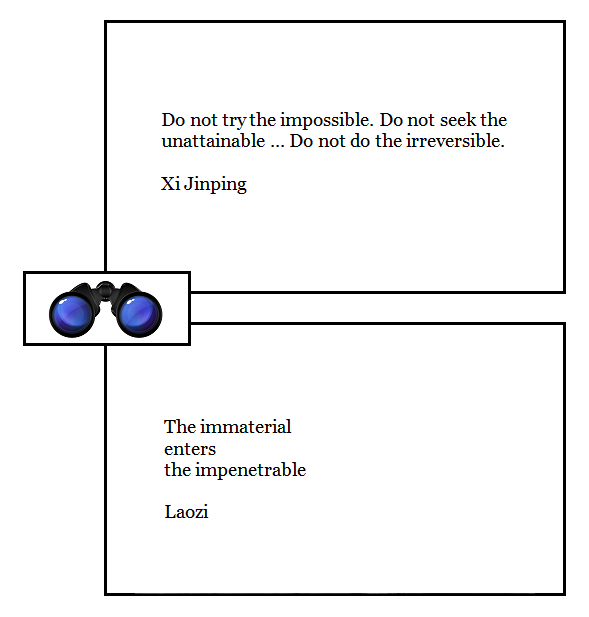Don’t you mess with my mother the moon
Tuesday, November 27th, 2012[ by Charles Cameron — a poor, low-res copy of the greatest photo, a poem of mine, and a recent report of a scenario involving nuking the moon, apparently considered and, I am happy to say, rejected by the military ]
.
First, the greatest photo:
.
**
Next, the poem:
Don’t you mess with my mother the moon!
.i
Don’t you mess with my mother the moon!
Pearl.
Superb in the night sky.
Which you treat as a junkyard.ii
I am serious. I was never
more serious. This, which you thinking
life to be composed of things consider
real estate, rock,
subtly balances that other,portending at the eye
that same angle — and that other, too
you would colonize,
strip, slash, mine, burn,
rape had you the chance, were it not
so magisterial a furnace.Gold, which figures the sun
with silver the moon,
you have tapped for coinage,
despoiling hills for greed,
valleys for your convenience:
nor is your idiocy limited in reach
by anything but your idiocy.Sun and moon are married
in a wedding you cannot conceive,
to which you lack invitation
though it was offered you.
The simple light of the night sky
escapes you, neither glimpse
nor sonata troubles your soul with its ripples,for you lack, altogether,
reflection.
**
I wrote that poem quite a few years ago, and intended it as an appeal from the side of joyous poetic appreciation against the prevalent idea that the moon is a chunk of rock to be mined and otherwise exploited like any other. I didn’t suppose then that my voice would be heard against the amplified voices of technology, commerce, and human hubris—but voices will be voices, even in the wilderness.
The Japanese have a tradition of “moon-viewing” festivals — Tsukimi – a superb idea, appropriately reflective of the culture that produced the zen poet Ryokan, who celebrated a thief’s visit to pillage his mountain hermitage with the words:
The thief left it behind:
the moon
at my window.
The thief couldn’t steal it — but boyo, we still might be able to figure out a way to mess it up…
**
I for one don’t ever want to look at the moon and know that someone is using it as a projection screen for advertisements, let alone that its face is disfigured by robotic factories producing cheap running shoes – bad enough that we’ve left our trash there already!
Look, my techno-leaning human friends — mine the asteroid belt if you must, I suppose Disney will eventually get the rights to Saturn, and make a ride of it – but leave the moon, leave the moon alone.
**
Then, the scenario:
I mean, how myopic can we get? According to Forbes yeaterday:
There’s a couple of preposterous reports out today alleging that the United States considered blowing up the moon in order to freak out the Soviets during the Cold War. Apparently something called “A Study of Lunar Research Flights” seriously pondered a moon bombing, and scientists as notable as Carl Sagan were even involved in planning the lunar attack, which was to take place in 1959 — before cooler heads prevailed.
Yup. There was a scenario — not a plan but a scenario — that was being explored: A STUDY OF LUNAR RESEARCH FLIGHTS:
Nuclear detonations in the vicinity of the moon are considered in this report along with scientific information which might be obtained from such explosions. The military aspect is aided by investigation of space environment, detection of nuclear device testing, and capability of weapons in space. A study was conducted of various theories of the moon’s structure and origin, and a description of the probable nature of the lunar surface is given. The areas discussed in some detail are optical lunar studies, seismic observations, lunar surface and magnetic fields, plasma and magnetic field effects, and organic matter on the moon.
I’ve corrected a spelling error, but otherwise that’s the abstract, as found within the .mil domain. I haven’t seen the document itself, but the abstract speaks for itself.
And no, as far as I can tell, the scenario didn’t involve “blowing up” the moon, which would have been pretty difficult as the Forbes article indicates. Apparently, though, some part of the military-industrial machine explored, discussed, and finally rejected the idea of hitting the moon with a single nuke — enough to switch a light-bulb on, it was hoped, above the Soviet military-industrial head.
**
And finally:
I’ve dragged this poem out of retirement, and hereby give you permission to reproduce it in toto, with or without the rest of this post — and indeed encourage you do to so. Tweet and RT the URL for this post, repost the poem, agree with me, disagree —
This latest revelation makes me feel it’s time for a conversation about convenience, commerce and science vs beauty, reverence and awe — about what the moon is worth to us.
It’s my birthday, do me a favor — spread the word: Don’t you mess with my mother the moon!











